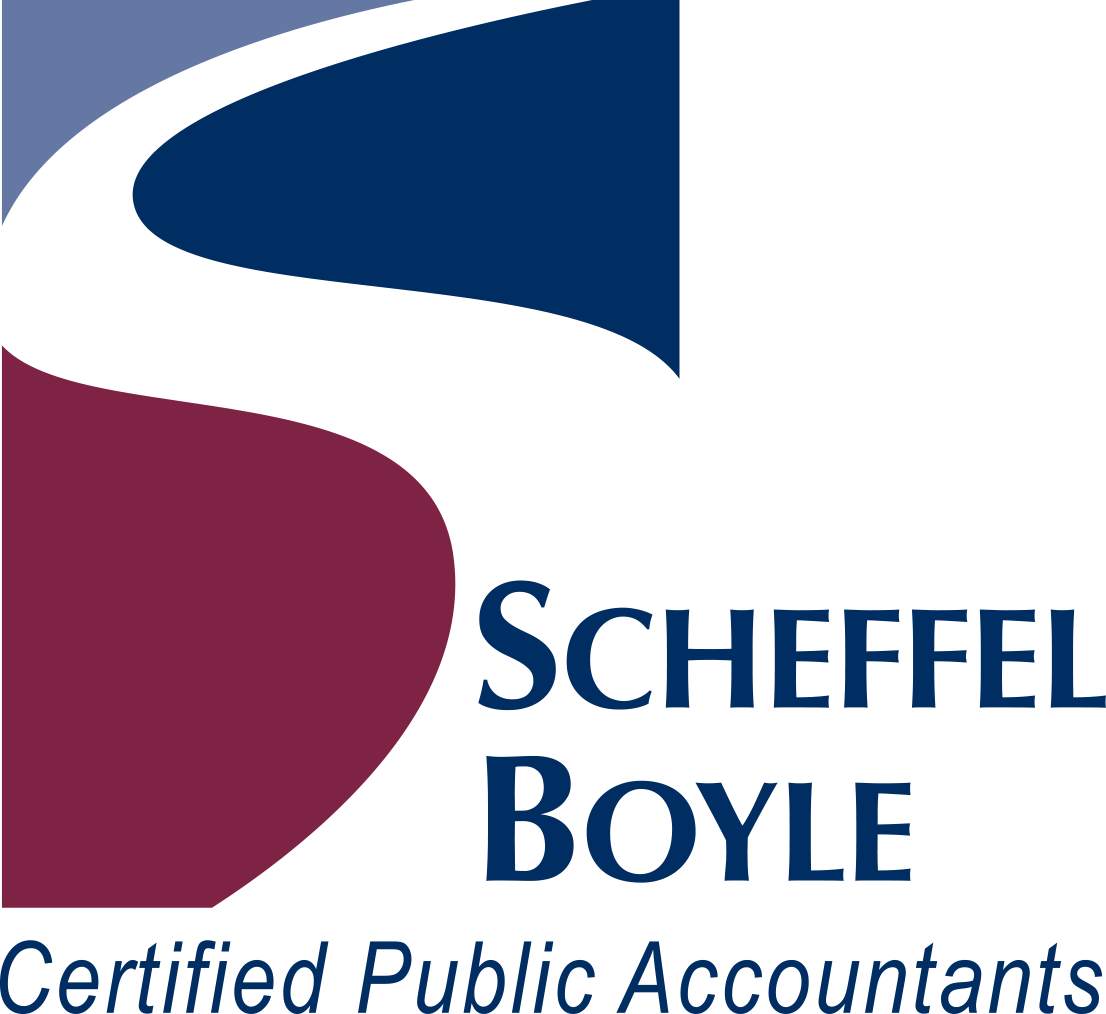President Biden Signs American Rescue Plan Act
Last Thursday, President Joe Biden signed the American Rescue Plan Act into law. The $1.9 trillion coronavirus relief bill includes several different provisions such as $1,400 stimulus checks for individuals, extended unemployment benefits, and aid for small businesses and not-for-profits. Click here to read the full text of the law.
We encourage you to reach out our professionals for questions about these provisions. We are here to help!
A summary of key provisions from the final bill is as follows:
Individual Provisions
- Recovery Rebate Credits/Stimulus Checks
- Taxpayers with adjusted gross income (AGI) under $75,000 will receive $1,400 direct payments. Married taxpayers filing jointly with AGI up to $150,000 will receive $2,800
- Eligible taxpayers will also receive $1,400 for each dependent
- Advance payments of the credits will be sent as economic impact payment checks
- Taxpayers with adjusted gross income (AGI) under $75,000 will receive $1,400 direct payments. Married taxpayers filing jointly with AGI up to $150,000 will receive $2,800
- Unemployment Benefits
- The first $10,200 in unemployment benefits for taxpayers earning less than $150,000 per year is now tax-free effective for the 2020 tax year
- If you have already filed for 2020, you will need to file an amended return.
- Extends weekly federal benefit of $300 a week through September 6, 2021
- Extends pandemic unemployment benefits for gig workers and self-employed individuals
- Premium Tax Credit (Related to Health Insurance)
- Expands the Premium Tax Credit for 2021 and 2022 by changing the applicable percentage amounts
- Taxpayers who have received too much in advance premium tax credits in 2020 will not have to repay the excess amount
- A special rule is added that treats a taxpayer who has received, or has been approved to receive unemployment compensation for any week beginning during 2021 as an applicable taxpayer
- Earned Income Tax Credit
- The credit would be allowed for certain separated spouses
- Threshold for disqualifying investment income raised from $2,200 to $10,000
- Taxpayers are allowed to use their 2019 income instead of 2021 income in figuring the credit amount
- Child Tax Credit
- Expands the Child Tax Credit by:
- Making the credit fully refundable for 2021;
- Making 17-year-olds eligible as qualifying children for 2021 only; and
- Increases the amount of the credit to $3,000 per child ($3,600 for children under 6)
- The Child Tax Credit would phase out for taxpayers with income over $150,000 for married taxpayers filing jointly, $112,000 for heads of households, and $75,000 for others
- Payments of 50% of the credit can be received in advance and will run from July through December 2021. The IRS will create an online portal allowing taxpayers to opt out of advance payments or adding information that could modify the amount received
- Expands the Child Tax Credit by:
- Child & Dependent Care Credit
- The credit is fully refundable for 2021 only
- The bill increases the exclusion for employer-provided dependent care assistance to $10,500 for 2021 ($5,250 for married filing separate)
- The max credit is now worth 50% of eligible expenses up to a limit based on income, making the credit worth up to $4,000 for one qualifying individual or up to $8,000 for two or more.
- Credit reduction begins at AGI over $125,000. For households over $400,000, the credit can be reduced below 20%.
- Family & Sick Leave Credits
- Extends credits established by the Families First Coronavirus Response Act until September 30, 2021
- The fully refundable credits against payroll taxes compensate employers and self-employed people for coronavirus-related paid sick leave and family and medical leave
- Increases the limit on the credit for paid family leave to $12,000
- The number of days a self-employed individual can take into account in calculating the qualified family leave equivalent amount for self-employed individuals increases from 50 to 60
- Paid leave credits will be allowed for leave that is due to COVID-19 vaccination
- The limitation of overall days taken into account for paid sick leave will reset after March 31, 2021
- Credits are expanded, allowing 501(c)(1) governmental organizations to take them
- Student Loans
- The act specifies that gross income does not include any amount that would otherwise be included in income due to the discharge of any student loan after Dec. 31, 2020, and before Jan. 1, 2026
Business Provisions
- Paycheck Protection Program (PPP)
- Allocates an additional $7.25 billion for PPP forgivable loans; applications scheduled to close on March 31, 2021
- Restaurant Revitalization Fund (RRF)
- Allocates $28.6 billion for food and beverage establishments
- RRF grants equal to the pandemic-related revenue loss of the entity, up to $10 million per entity, or $5 million per physical location (limited to 20 locations)
- RRF grants are calculated by subtracting 2020 revenue from 2019 revenue and can be used for certain eligible expenses including: payroll costs, mortgage payments, rent, utilities, maintenance expenses; supplies, food and beverage expenses; covered supplier costs; operational expenses; paid sick leave; and any other expense determined to be essential to maintaining the business.
- Sets aside $5 billion for eligible applicants with 2019 gross receipts of $500,000 or less
- During the first 21 days of the grant period, the SBA will prioritize applications from restaurants owned and operated or controlled by women, veterans, or socially and economically disadvantaged individuals
- Funds from RRF grants should not be included in the gross income of the person who receives the grant
- Economic Injury Disaster Loan (EIDL)
- Allocates $15 billion to Targeted EIDL grants to businesses located in low-income communities that have no more than 300 employees and have suffered an economic loss more than 30% of gross receipts
- Funds from Targeted EIDL grants should not be included in the gross income of the person who receives the grant
- Employee Retention Credits (ERC)
- Allows eligible employers to claim a credit for paying qualified wages to employees
- Extends the program through the end of 2021
- Shuttered Venue Operators (SVO) Grant
- Allocates $1.25 billion to the SVO grant program



